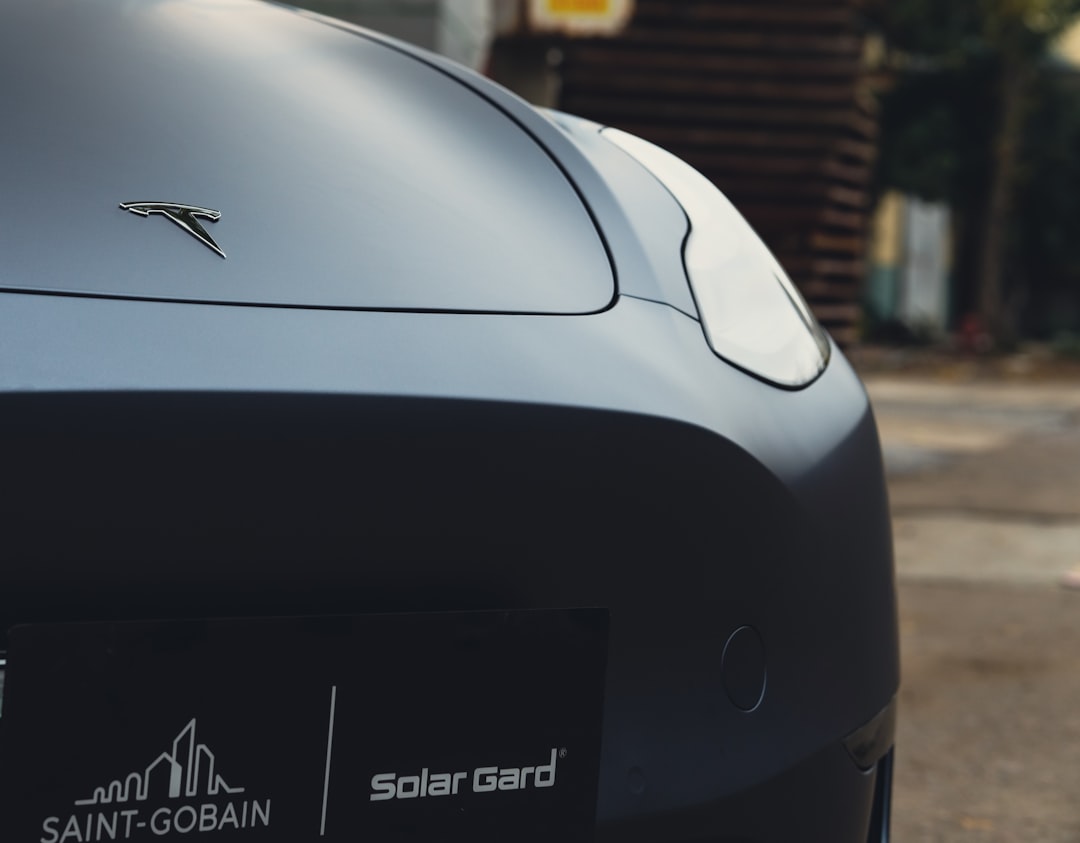
Tesla, under the leadership of CEO Elon Musk, has successfully navigated a shareholder lawsuit concerning alleged misleading statements about the company’s self-driving technology. The lawsuit claimed that Musk’s optimistic assertions regarding the capabilities and timeline of Tesla’s autonomous driving features misled investors, leading to substantial losses when the technology did not meet expectations.
Details of the Lawsuit
The legal action focused on statements Musk made during earnings calls and public appearances, where he touted the imminent success of Tesla’s Full Self-Driving (FSD) technology. Shareholders argued that these statements were overly optimistic and lacked basis in the technological realities, resulting in inflated stock prices that later plummeted.
Court’s Ruling
The court ultimately ruled in favor of Musk and Tesla, stating that the claims made did not constitute securities fraud. This decision is a significant win for Tesla, as it reinforces the company’s narrative surrounding its technological advancements and future growth potential.
Implications for Tesla and Investors
This ruling may restore some confidence among investors regarding Tesla’s strategic direction, particularly in the self-driving sector, which is viewed as a critical component of the company’s future profitability. Investors can track Tesla’s market performance and other relevant financial metrics using FMP’s Key Metrics API for comprehensive insights.
Market Reactions and Future Outlook
The outcome of this lawsuit is likely to influence Tesla’s stock performance in the short term, as investor sentiment may shift positively following the ruling. Analysts will be watching closely to see how Musk and Tesla capitalize on this legal victory to further enhance their technological offerings and market position.
For further reading on the implications of this case and Tesla’s ongoing developments, sources like CNBC and Reuters can provide ongoing coverage and analysis.
At CWEB, we are always looking to expand our network of strategic investors and partners. If you're interested in exploring investment opportunities or discussing potential partnerships and serious inquiries. Contact: jacque@cweb.com

